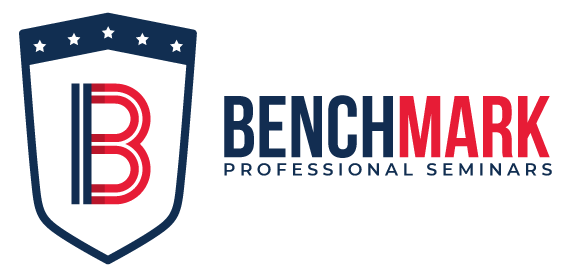Maybe Firefighters Have Something Figured Out
As much as I like to rib firemen, and I can because I have been one before I started my Law Enforcement career, I do have to give them credit where credit is due. Law Enforcement Officers typically attend their academies, complete field training and then attend training typically less than 40 hours a year. Firemen, on the other hand, are either on calls, sleeping, or training. That is right, they train whenever they are not asleep or on a call.
Law Enforcement unfortunately does not have that opportunity. Today, a typical officer is either handling calls for service or patrolling in their assigned zone looking for violations, engaging in community policing efforts or acting as a deterrent against unwanted behaviors. The typical officer only gets a few days a year dedicated to professional training, because of reduced budgets and increased demands on the officer. With the constantly increasing demands on our law enforcement professionals, time management and budget management are the primary markers for local governing bodies and administrators. The result is that our officers are not receiving the training that they need to remain successful on the job.
Rookies recently graduating from the academies and field training programs are well trained, but have no experience to apply the training to. I like to equate this to a rocket full of fuel, but with no fins to guide the ship. If you have ever worked with newly released, fired up, excited and anxious rookies, you will understand the reference. They are always full of energy and excitement, while not sure which way to go on scenarios that do not fit what they have been exposed to in training.
As the officers advance in their careers, they have lots of life experience, but they have not kept current on new laws, new training, new techniques, and as a result are relying on old habits, out of date training, and sometimes antiquated laws in their responses to various situations. This is not the fault of the officers; this is a lapse in professional development by administrations that do not understand the protections that appropriate training affords agencies and local governments. In this age of remaking the roll of law enforcement, professional development needs to be at the top of the list.
